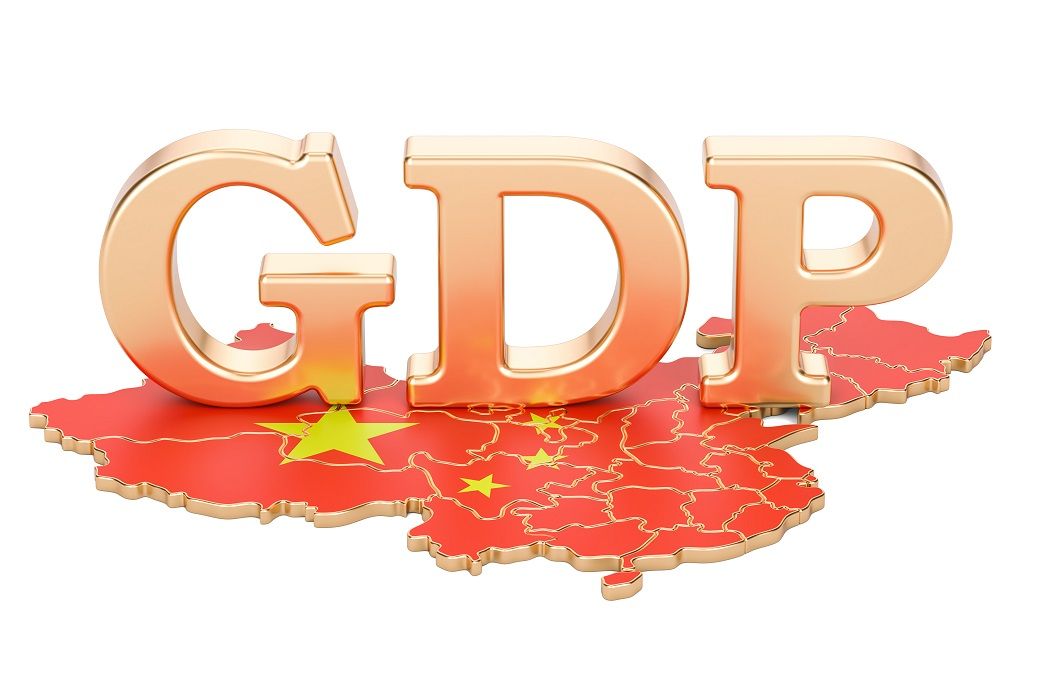Fashion
US’ Dick’s Sporting Goods Q2 net sales reach $3.65 bn, comps up 5%

The net income reached $381 million, up 5 per cent from $362 million a year earlier. Earnings per diluted share stood at $4.71, compared with $4.37 in Q2 FY24. On a non-GAAP basis, EPS was $4.38, nearly flat versus last year’s $4.37, Dick’s said in a press release.
Dick’s Sporting Goods has posted record Q2 FY25 results with net sales up 5 per cent to $3.65 billion and comparable sales rising 5 per cent.
Net income reached $381 million, while EPS grew to $4.71.
The retailer ended with 889 stores, raised FY25 EPS guidance to $13.9–14.5, and expects 2–3.5 per cent comp growth, supported by strong execution and the pending Foot Locker acquisition.
The company ended the quarter with 889 stores across formats, after opening 11 and closing 7 locations year-to-date. Total selling space rose slightly to 45.1 million square feet from 44.8 million square feet. The growth was led by specialty banners including Golf Galaxy and Going Going Gone!, alongside expansions of House of Sport and Field House concepts, offsetting three closures in core Dick’s stores.
“We are very pleased with our strong Q2 results. Our performance shows the strength of our long-term strategies, the resilience of our operating model, and the consistent execution of our team,” said Lauren Hobart, president and CEO at Dick’s.
“With Q2 comps at 5 per cent, our momentum continues to build – a clear reflection of the strength of our long-term strategies and investments. We remain very enthusiastic about the strategic benefits from the Foot Locker acquisition. As previously shared, Foot Locker shareholders approved the transaction. We have also received all required regulatory approvals, and we anticipate that the deal will close on September 8th,” said Ed Stack, executive chairman at Dick’s.
As of August 2, 2025, cash and equivalents stood at $1.23 billion, down from $1.69 billion last year, while inventories increased 7 per cent to $3.40 billion. The company repurchased $299 million worth of shares and paid $196 million in dividends in the first half of FY25. On August 27, the board declared a quarterly dividend of $1.2125 per share, payable September 26, 2025.
With robust sales momentum, disciplined capital allocation, and the pending integration of Foot Locker, Dick’s Sporting Goods continues to strengthen its position as a leading US omni-channel sporting goods retailer.
For fiscal 2025, Dick’s Sporting Goods projects earnings per diluted share between $13.9 and $14.5, up from prior guidance. Net sales are expected in the range of $13.75–13.95 billion, with comparable sales growth of 2–3.5 per cent. Capital expenditures are set at about $1.2 billion gross and $1 billion net.
Fibre2Fashion News Desk (SG)
Fashion
The new economics of fashion: Trust, longevity and price discipline

Fashion demand in 2026 remains intact but more selective, with consumers spending cautiously and prioritising value, durability and versatility.
Intentional purchasing and promotion sensitivity are reshaping pricing dynamics and margin structures.
Polarised consumer behaviour is pushing brands to rebuild trust, justify full price and align sustainability with longevity.
Source link
Fashion
US brand Calvin Klein unveils Spring 2026 denim with Jung Kook

Directed and shot by Mert Alas, the new chapter sharpens the focus on denim as the ultimate expression of personal style through icon Jung Kook’s distinctive and influential point of view as he lives in the moment.
Calvin Klein, owned by PVH Corp., has unveiled its Spring 2026 denim campaign fronted by BTS icon Jung Kook.
Directed and photographed by Mert Alas, the cinematic film fuses music, movement and city energy, highlighting 90s Straight, Baggy and reworked Trucker silhouettes.
A special appearance by Rosie Perez amplifies the brand’s signature visual storytelling.
The campaign unfolds across a series of immersive worlds, unified and guided by Jung Kook’s style, attitude and way of living. The high-impact film fuses fashion and entertainment, moving to an instantly recognizable soundtrack and brought to life through the artist’s signature choreography and commanding presence. The interplay of music and movement – complete with a cameo from New York City legend Rosie Perez – captures the impact synonymous with Calvin Klein’s iconic visual storytelling.
Calvin Klein jeans are at the center of the wardrobe with hero silhouettes leading the narrative: the effortless attitude of the 90s Straight; the relaxed and nostalgic proportions of the Baggy; and new interpretations of the iconic Trucker jacket — all reimagined with elevated washes and designed for versatility. Casual logo tees and oversized bombers complete the looks, reinforcing denim as both uniform and statement.
“I love Calvin Klein jeans because they’re designed to be lived in,” said Jung Kook. “The looks I wore for this campaign nod to ‘90s style while feeling completely modern. It was exciting to bring together my love of music, dance and fashion against the energy of the city.”
Note: The headline, insights, and image of this press release may have been refined by the Fibre2Fashion staff; the rest of the content remains unchanged.
Fibre2Fashion News Desk (RM)
Fashion
China targets 4.5 to 5% GDP growth for 2026

Premier Li Qiang, who delivered the report at the opening of the fourth session of the 14th National People’s Congress in Beijing, said the growth target is “well aligned with the country’s long-range objectives through the year 2035 and is broadly in line with the long-term growth potential of China’s economy, with favorable conditions in place for achieving this target.”
China has set a GDP growth target of 4.5–5 per cent for 2026, alongside goals to stabilise employment, manage inflation, maintain grain output and cut emissions.
The plan also preserves flexibility for structural reforms under the 15th Five-Year Plan, aiming to balance steady economic expansion with long-term, high-quality and sustainable development.
Main development targets for 2026 also include a surveyed urban unemployment rate of around 5.5 per cent, creation of over 12 million new urban jobs, a rise in the consumer price index of around 2 per cent, personal income growth in step with economic growth, a basic equilibrium in the balance of payments, grain output of around 700 million tonnes, and a drop of around 3.8 per cent in carbon dioxide emissions per unit of GDP.
Qiang said the targets took into account the need to leave room for structural adjustments, risk prevention and reform in the opening year of the 15th Five-Year Plan (2026–30) period, to lay a solid foundation for improved performance in the coming years. Government at local level should, taking into account their own conditions, make solid efforts to deliver positive outcomes, he added.
Analysts said the 2026 target reflects a pragmatic approach in recognising structural and cyclical challenges facing the world’s second-largest economy, while pursuing reasonable growth in line with high-quality development.
Fibre2Fashion News Desk (JP)
-

 Politics1 week ago
Politics1 week agoWhat are Iran’s ballistic missile capabilities?
-

 Business7 days ago
Business7 days agoIndia Us Trade Deal: Fresh look at India-US trade deal? May be ‘rebalanced’ if circumstances change, says Piyush Goyal – The Times of India
-

 Business1 week ago
Business1 week agoAttock Cement’s acquisition approved | The Express Tribune
-

 Politics1 week ago
Politics1 week agoUS arrests ex-Air Force pilot for ‘training’ Chinese military
-

 Fashion1 week ago
Fashion1 week agoPolicy easing drives Argentina’s garment import surge in 2025
-

 Business1 week ago
Business1 week agoHouseholds set for lower energy bills amid price cap shake-up
-

 Sports1 week ago
Sports1 week agoSri Lanka’s Shanaka says constant criticism has affected players’ mental health
-

 Sports6 days ago
Sports6 days agoLPGA legend shares her feelings about US women’s Olympic wins: ‘Gets me really emotional’


















